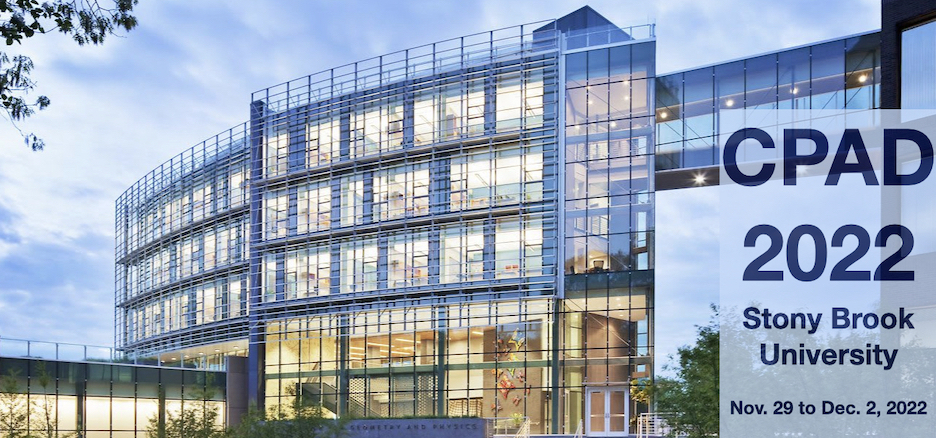Speaker
Description
As the search for dark matter moves toward the sub-GeV mass region and detecting energy depositions too small to create electron-hole pairs, phonon detection will play an increasingly important role. Phonon detection using transition-edge sensors (TESs), a thermal detector, has achieved baseline phonon resolutions as low as 2.65(2) eV in gram-scale targets and is on a trajectory to reach sub-eV thresholds. Kinetic inductance detectors (KIDs) are a pair-breaking alternative also well-positioned to reach sub-eV thresholds and having potential long-term advantages in scalability. We currently estimate the baseline energy resolution for our KID-based detectors to be 20 eV, with large systematic uncertainty. We first will report on progress toward performing an LED-based absolute energy calibration to reduce this uncertainty. We then show a clear path forward to a 20x improvement on the resolution via new KID materials and readout with a quantum-limited low-noise amplifier. Once an eV-scale resolution is demonstrated, we would deploy the detector at the Northwestern Experimental Underground Site for a low-background dark matter search. In a parallel effort, we also demonstrate the massive multiplexability of KIDs, facilitating position reconstruction. We show how such a detector can improve on current methods of discriminating nuclear recoils from electron recoils to more easily reach the neutrino fog in the 0.5-5 GeV/c^2 mass range.

